
Read or listen offline
Amazon Kindle
автоматическое преобразование текста в аудио
1×
Войдите, чтобы прослушать аудиоверсию краткого изложения.
автоматическое преобразование текста в аудио
Recommendation
Conventional wisdom says that large-scale events, such as the Olympic Games or the World Cup, confer economic sparkle to host cities and countries. The truth is a bit different, as outlays for these extravaganzas tend to far outweigh their benefits, saddling hosts with debt and limited purpose structures that become monuments to excess. The World Economic Forum’s Stefan Hall cautions that leaders should consider long-term costs versus short-term gains. getAbstract recommends this engaging read to tax-paying sports fans around the world.
Summary
About the Author
Stefan Hall is with the Information and Entertainment System Initiative at the World Economic Forum.
By the same author
Learners who read this summary also read
Book
Book
Report









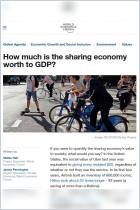


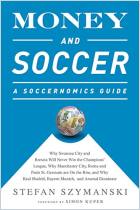
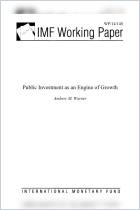
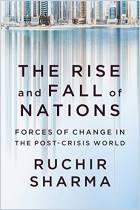
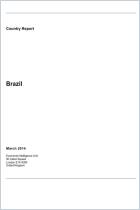


Comment on this summary